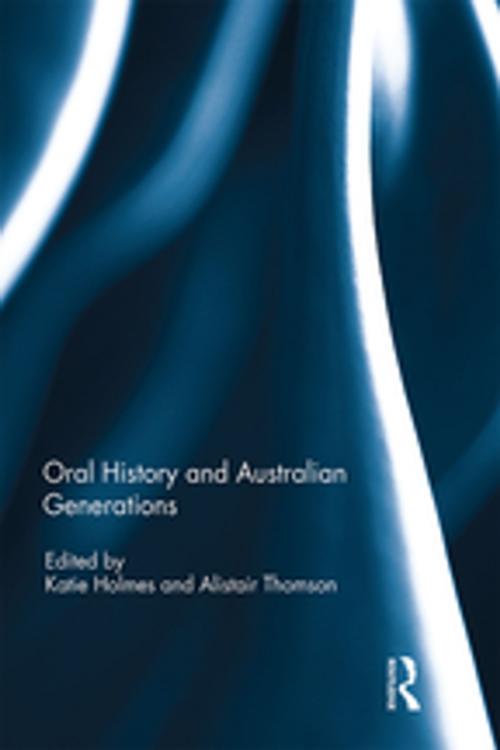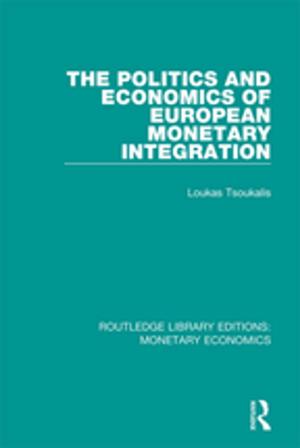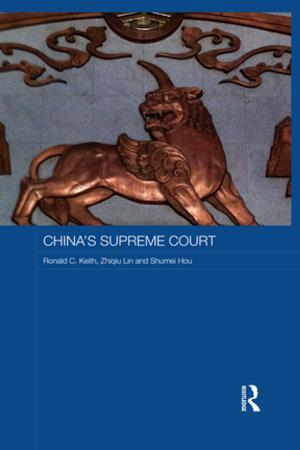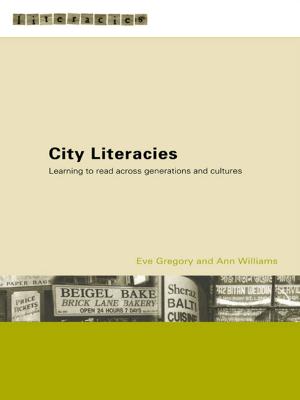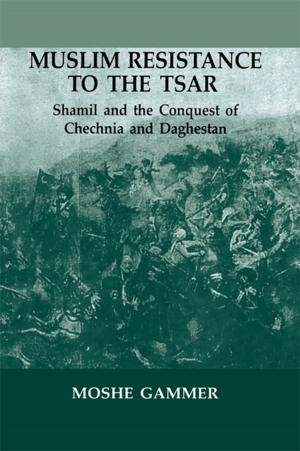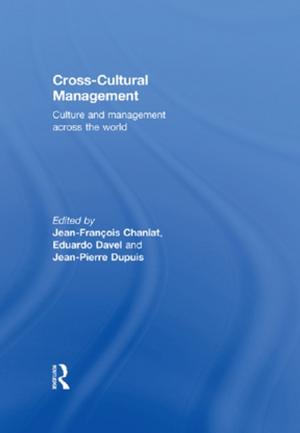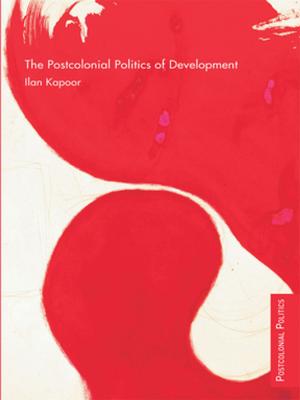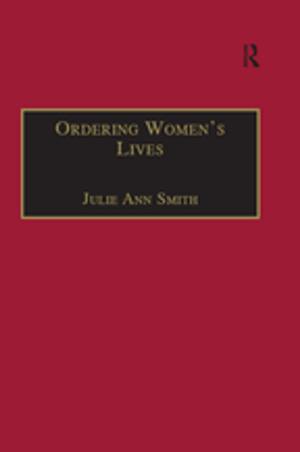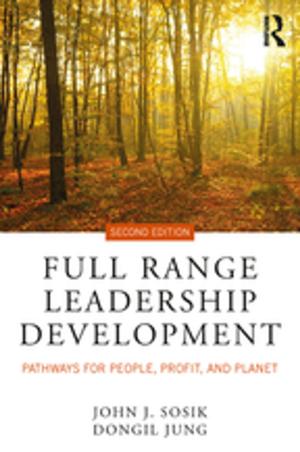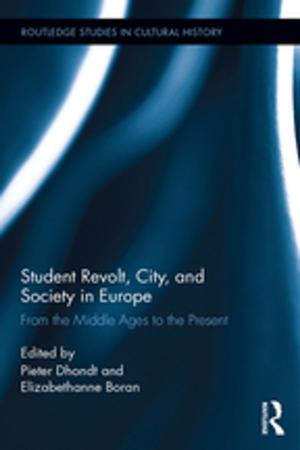| Author: | ISBN: | 9781351839761 | |
| Publisher: | Taylor and Francis | Publication: | October 11, 2018 |
| Imprint: | Routledge | Language: | English |
| Author: | |
| ISBN: | 9781351839761 |
| Publisher: | Taylor and Francis |
| Publication: | October 11, 2018 |
| Imprint: | Routledge |
| Language: | English |
From 2011 to 2014, the Australian Generations Oral History Project recorded 300 interviews with Australians born between 1920 and 1989. The contributions to this book, a result of this project, reflect on the practice of oral history and how interviews can illuminate Australian social and cultural history.
Three of the chapters consider oral history innovations: focusing on the potential for oral history in a digital age, the pioneering technologies that underpinned Australian Generations and the ethical issues posed by online digital oral history, and the challenges and opportunities for radio oral history. In addition, four chapters demonstrate how oral history interviews can be used as rich evidence for historical research: examining the interconnections between class, social equity, and higher education in post-war Australia; how life histories can transform understandings of mental ill-health; considering how oral history interviews with Australians of all ages confound stereotypical notions about generations; and investigating the ways in which family relationships mediate identities and how remembered places and objects provide points of anchor in a rapidly changing world. This book was originally published as a special issue of Australian Historical Studies.
From 2011 to 2014, the Australian Generations Oral History Project recorded 300 interviews with Australians born between 1920 and 1989. The contributions to this book, a result of this project, reflect on the practice of oral history and how interviews can illuminate Australian social and cultural history.
Three of the chapters consider oral history innovations: focusing on the potential for oral history in a digital age, the pioneering technologies that underpinned Australian Generations and the ethical issues posed by online digital oral history, and the challenges and opportunities for radio oral history. In addition, four chapters demonstrate how oral history interviews can be used as rich evidence for historical research: examining the interconnections between class, social equity, and higher education in post-war Australia; how life histories can transform understandings of mental ill-health; considering how oral history interviews with Australians of all ages confound stereotypical notions about generations; and investigating the ways in which family relationships mediate identities and how remembered places and objects provide points of anchor in a rapidly changing world. This book was originally published as a special issue of Australian Historical Studies.
